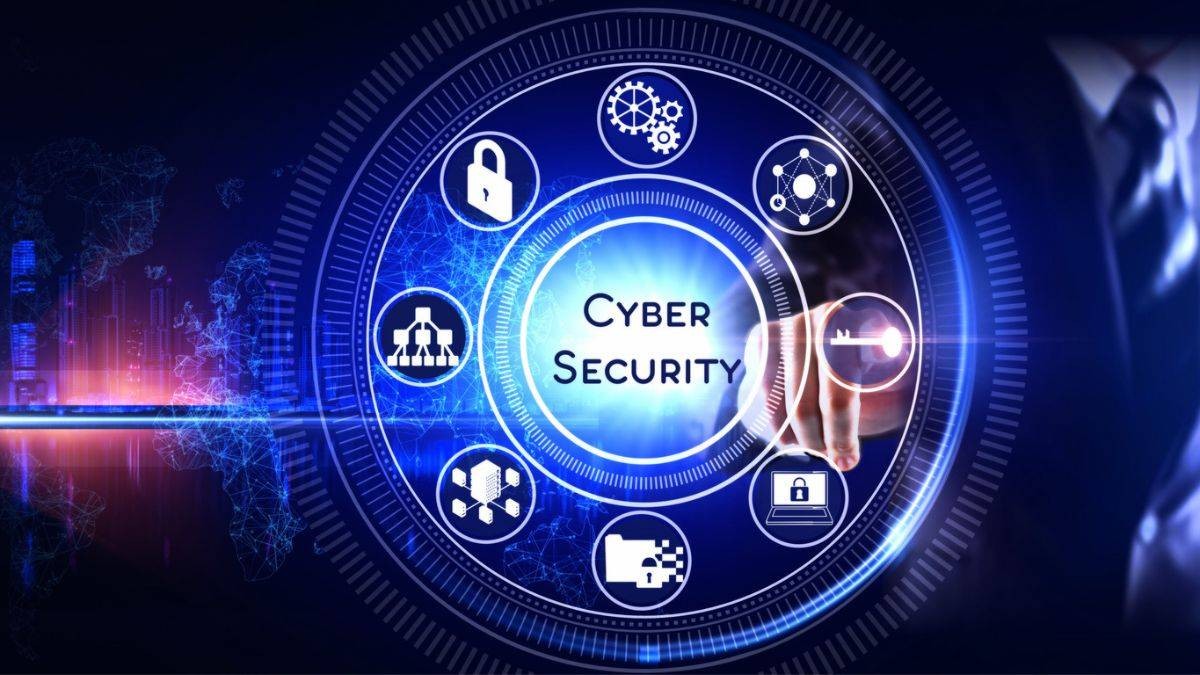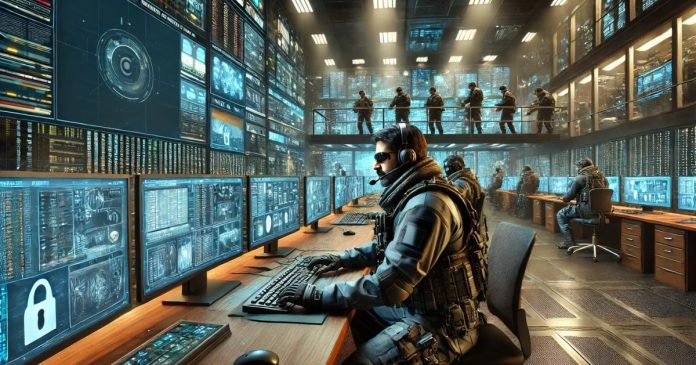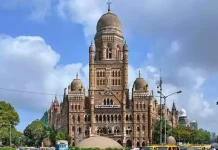- The security scenario has altered overarchingly in the fast-changing geostrategic and geopolitical scenario is a stark reminder of how the anti-social elements are succeeding in breaching fortified walls with finesse. Remember, these breaches are occurring despite the modern-day world enmeshed with technological prowess of unimaginable proportions. The digital revolution witnessed over the last few years has been unprecedented, completely transforming the way our daily existence is shaped. Little wonder, every country not only wishes to ensure security, sovereignty, and independence are assiduously guarded but also would scale digital security aspects too which is becoming increasingly a concern for the governments.

PC: Pew Research Center
- Increasing digital security amid growing incidents of cyber-attacks has assumed tremendous importance for government authorities aiming to shield their territories. As you are aware, India is facing several security challenges, both physically and digitally. While we have old nemesis Pakistan on the Western borders and China on the Eastern front, the digital enemy may strike to foment further trouble. Thus, it is being rightly felt that India’s critical assets are increasingly under threat, both physically and cyber. An overarching framework of protection is the need of the hour. The recent terror attack on a workers’ camp at the construction site of the Z-Morh Tunnel in Kashmir, and the flood of hoax bomb threats targeting the aviation industry call for a review.
- The safety of critical infrastructure is an unavoidable necessity. As India’s economy grows and infra needs to diversify, the country faces a plethora of physical and cyber threats – from terror groups to local miscreants sabotaging mass transport infra. While cyberattacks have been in the news, what is often overlooked is cyber-cum-physical attacks. For instance, malware can target petrochemical plants not just to attack digital data but also to potentially trigger explosions and other disasters through corrupting internal safety systems. This is precisely the threat that the Triton malware posed to a Saudi petrochemicals plant in 2017. India presently has no legislative framework or institutional capacity to deal with such hybrid attacks.

PC: LinkedIn
- In recent years India has seen mobs attacking railways and telecom towers. These have huge implications for the safety of millions and can cause economic damage worth thousands of crores. True, the Central Industrial Security Force (CISF) is tasked with protecting critical infra, mostly in the government sector. But the force has its limits. It can’t be present everywhere and can’t cover the expanding scope of private sector infra projects. India needs an overarching Critical Infrastructure Protection Act and a nodal agency akin to the US’s Cybersecurity & Infrastructure Security Agency. This should lead to clear protocols and rules of engagement for both govt and private security agencies in protecting critical infra.






